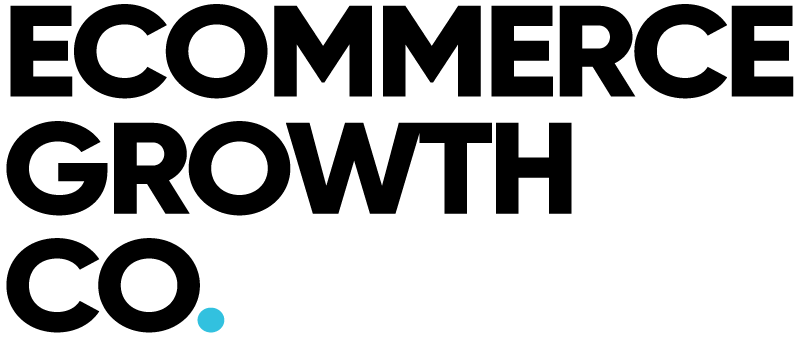How do you perceive your brand? Are you a small fish in a big pond or a big fish in a small pond?
Do you have a small market with very few players? Or is your market huge, with hundreds of converging competitors constantly nibbling away at your business growth?
Back to the first question. Correct answer? You’re not a fish. Therefore, there’s a strong possibility you’re not in a pond. The whole association between niche brands and ponds really jars with me. This is blue ocean territory.
Nothing much happens in ponds. In the winter they freeze over, leaving you with very little opportunity to do anything. In the summer, they’re plagued with insects and not the most hospitable areas to call home.
As business owners and marketers we have a nasty habit of categorising what we do. The platforms we use. The sector we operate in. The offering we provide. The title on our business card. So, we feel comfortable defining our market as a big or small pond. Here lies the problem. Markets diminish. Markets grow. Trends occur. Fashions change.
You can’t be ‘just another service provider’
This is an important element I want to discuss. Your perceived niche. Your niche is NOT your demographic. The small accountancy based in Aberdeen, your niche isn’t Aberdeen. Your niche are individuals who are looking for an accounting firm based in Aberdeen. Your niche isn’t your marketplace. Your niche is the mindset of those within your marketplace.
Shifting focus away from you as your niche to your customer’s mindset will change the way you market your business.
You’re no longer just another accounting firm. You’re an accounting firm representing your local business community. You ‘get’ why businesses want to work with a local practice. You embrace it. You focus your marketing efforts upon it.
Your niche is the mindset of your consumer
My job is to persuade business owners and marketers to think differently about their purpose. There’s only a minority of businesses that are prepared to think differently, to break conventions. The majority are perfectly content fulfilling a duty, providing a role. They don’t attend the conferences I speak at. They don’t read the articles I publish. They don’t pick up the phone to talk through their business ambitions. Their heads are down and they’re busy doing what they do.
My niche are those that are prepared to listen and take note. Those that are prepared to seek an outside perspective. Those that are prepared to work with an independent strategist rather than an agency. That’s my niche. It’s a minority. It’s a minority that I want to nurture and grow. Why? Well, that’s my purpose. I ‘champion’ the unconventionals. That’s what I do. I can only do what I do when the mindset of my audience is aligned with what I do and what I believe.
Is this starting to sound like buyer persona speak?
It’s heading in that direction. Buyer personas are crucial. The education you receive reading the work of Tony Zamito or Adele Revella contrasts with the idea of sitting down and penning a sketch of your ‘typical’ customers. Understanding the mindset and motives of your buyer is tantamount to the growth success of your business.
Understanding your niche is understanding the mindset of your customer. Championing your niche is building a community, a belonging, around those customers. Growing your niche is about displaying the collective values and purpose of your community. It’s about enticing people to join. To be part of something special.
A big fish in a small pond has little space to grow in. If that fish leaps into a large pond, it doesn’t shrink. It just creates a bigger opportunity to build its shoal. Its niche. Its movement. But… we’re smarter than fish, aren’t we?
On that awfully cliched analogy, I’ll leave you to ponder.
Takeaway:
When we look to refine our brand audience we look beyond data. Understanding data tells you about what people do or say. Understanding mindset tells you about what people think. Aligning your brand with how people think is an exceptionally valuable task.
So, you’ve got to stand for something. You have to represent something to somebody. There’s no excuse. Believe your brand is drab or too unworthy, then adapt your brand. This is about brand, not business. You can control your business, you can only direct your brand. Brand is how you make people feel.
If you believe your brand is currently determined by demographics. Change it. Figure out what you do that matters to who you consider valuable – your audience. They’re what matters. Get in their heads.
